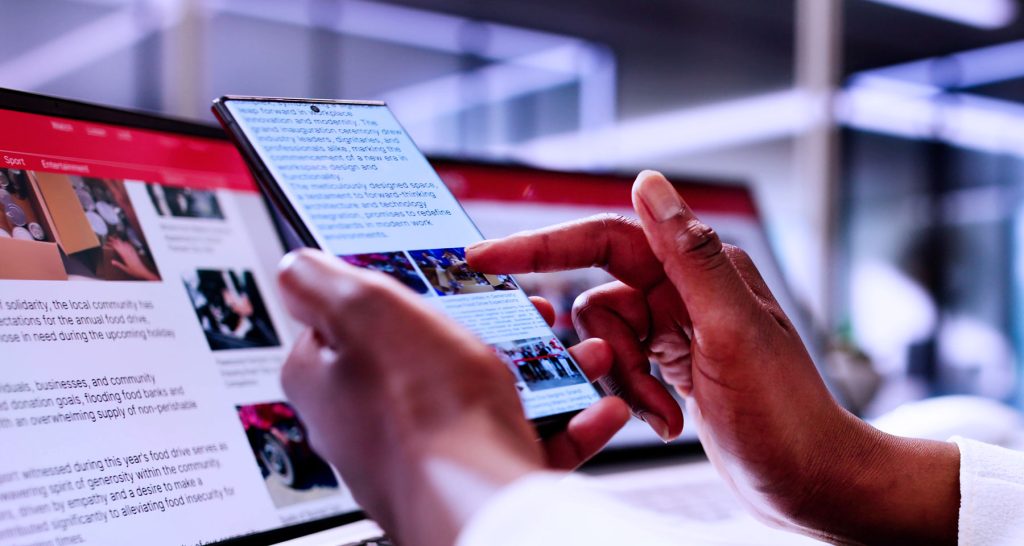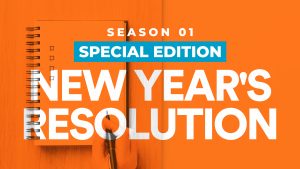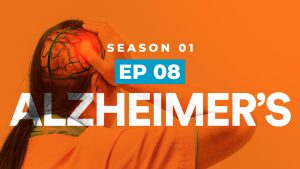The digital age has made it easier than ever to access health information, but how can we know which sources to trust?
Social media is saturated with misinformation. Some of it is inadvertent — many bold pseudoscientific claims seem very convincing, and anyone could be forgiven for sharing it with the best intentions.
But, a more deliberate manipulation of scientific information has become commonplace, often used to push certain narratives or turn a profit.
Combating this misinformation machine can feel impossible. So, we assembled five experts from different corners of the science communication community to help equip you for the fight:
- Dr. David L. Katz, MD, MPH, a renowned figure in the field of preventive medicine, public health, and nutrition.
- Steven Novella MD, clinical neurologist and associate professor at Yale University School of Medicine, a host of The Skeptics’ Guide to the Universe podcast, and a founder of the New England Skeptical Society.
- Dr. Jessica Steier PhD, public health scientist and host of the wildly popular Unbiased Science podcast.
- Dr. Jonathan Stea PhD, clinical psychologist and author of the book ‘Mind the Science’.
- Dr. Idrees Mughal, AKA ‘Dr. Idz’, one of the most popular online misinformation-debunking social media icons.
Together, we discuss:
- The telltale signs of pseudoscientific messaging.
- Where misinformation comes from, and why it often spreads faster than evidence-based facts.
- Why we can be so susceptible to believing misinformation.
- Who profits by poisoning the science communication space.
- How we can improve our scientific literacy and avoid echo chambers.
- Ways academics can improve their public health communication.











